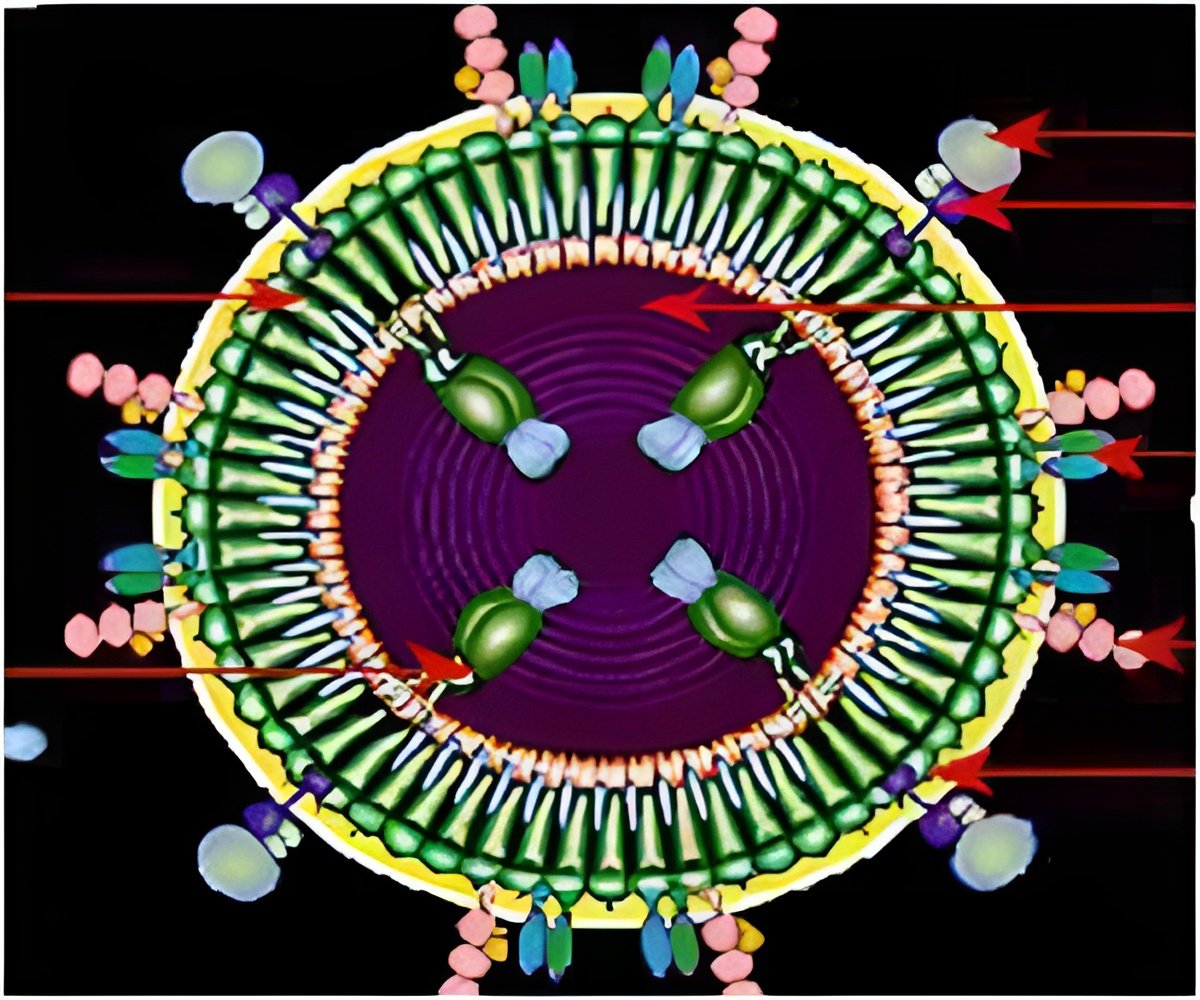Project LifeSkills – New intervention for reducing condomless sex acts among young transgender women through sharing information about HIV, motivating people to protect themselves and promoting skills such as condom use and sexual partner communication and negotiation.

‘A greater reduction in condomless sex acts among young transgender women in the intervention suggests the intervention is both feasible and effective.’





Who and When: 190 young transgender women in a clinical trial conducted between March 2012 and August 2016 in Boston and Chicago; participants were between the ages of 16 and 29 and were assigned male sex at birth but now self-identify as female, transgender women or on the transfeminine spectrum; 21 percent had HIV at the baseline assessment . What (Study Measures and Outcomes): Primary outcome was change in the number of self-reported condomless anal or vaginal sex acts in the four months before a baseline assessment and reported later at interval visits through 12 months
How (Study Design): This was a randomized clinical trial (RCT). RCTs allow the strongest inferences to be made about the true effect of an intervention. However, not all RCT results can be replicated in real-world settings because patient characteristics or other variables may differ from those studied in the RCT.
Authors: Robert Garofalo, M.D., M.P.H., of the Ann & Robert H. Lurie Children's Hospital and Feinberg School of Medicine, Northwestern University, Chicago, Illinois, and coauthors
Study Limitations: Conducted only in two cities; the intervention included content on the process of medical gender transition, which may not resonate with some women who have either completed the transition or who don't plan to start it.
Advertisement
Advertisement















